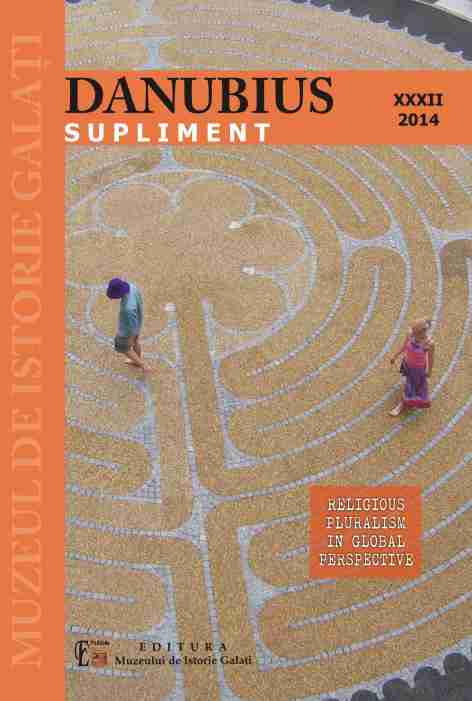Religious Freedom and Human Rights in India: Conflicts and Reconciliation
Religious Freedom and Human Rights in India: Conflicts and Reconciliation
Author(s): Rachana KaushalSubject(s): Christian Theology and Religion
Published by: Muzeul de Istorie „Paul Păltănea” Galaţi
Keywords: India; religious freedom; conflict; reconciliation; Muslims; Panchayat system.
Summary/Abstract: Traditionally, pluralism has always been a part of India’s identity. Even in medieval period there were liberal as well as orthodox rulers. The liberal rulers such as Akbar, Jahangir and Shahjahan ruled with secular and liberal policies while Aurangzeb was orthodox and imposed theocratic practices. Colonial India witnessed western-liberal and secular practices. Communalism too emerged as a part of the “divide and rule policy of the colonial rulers. Independent India adopted a constitution that provides for liberal-democratic values and secular state. However the society is still in the grips of religious and cultural orthodoxy posing challenges to the observation of the universally accepted human rights. The freedom of religion is given to the people as a fundamental right, but many times this freedom is jeopardising the observation of universal human rights and therefore the two kinds of rights are in contradiction with each other. The paper looks into the nature of religious freedom in India and traces how the observation is obstructed in the name of religious freedom. The regressive practices in the name of religion are not actually a part of religion but they try to draw their legitimacy from religio-cultural sources. The paper also tries to look into the ways and means of reconciling religious freedom and human rights.
Journal: Danubius
- Issue Year: XXXII/2014
- Issue No: Supplement
- Page Range: 225-235
- Page Count: 11
- Language: English

